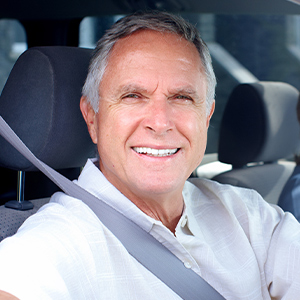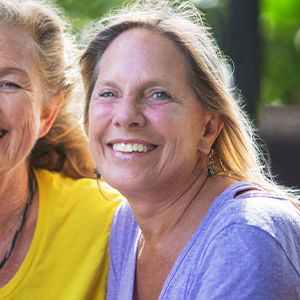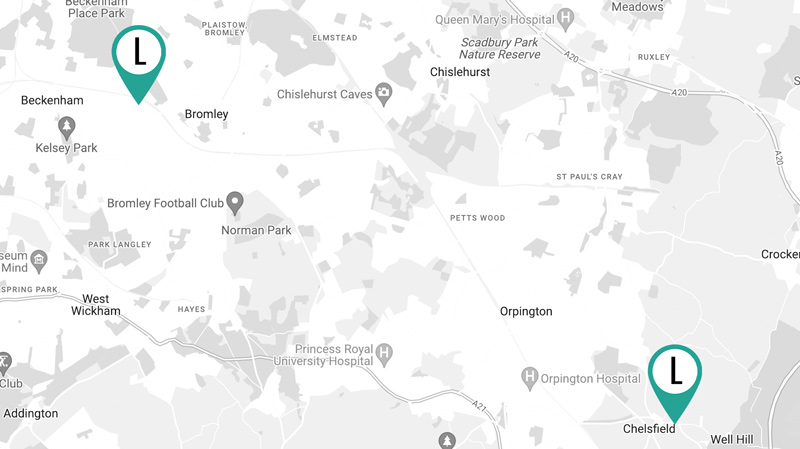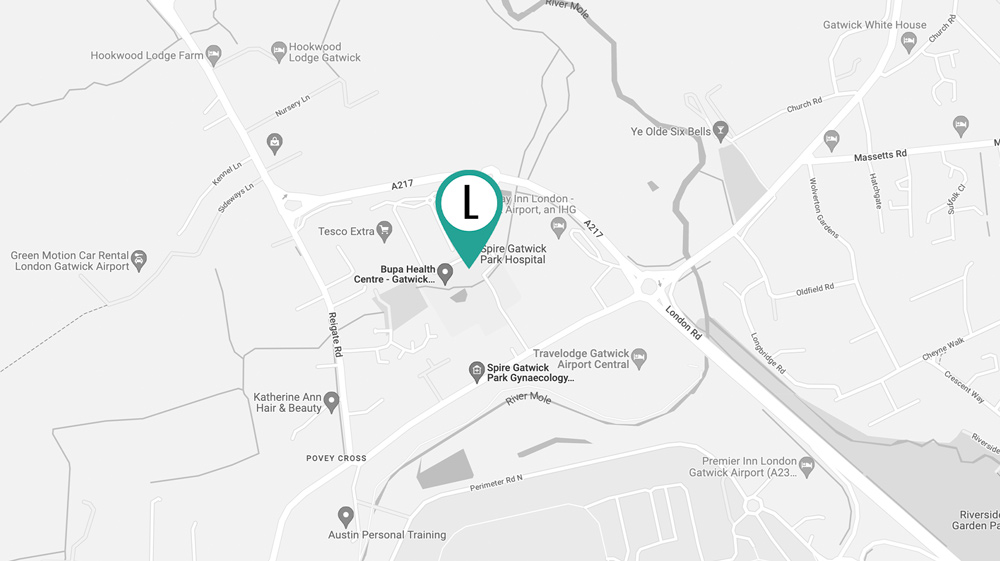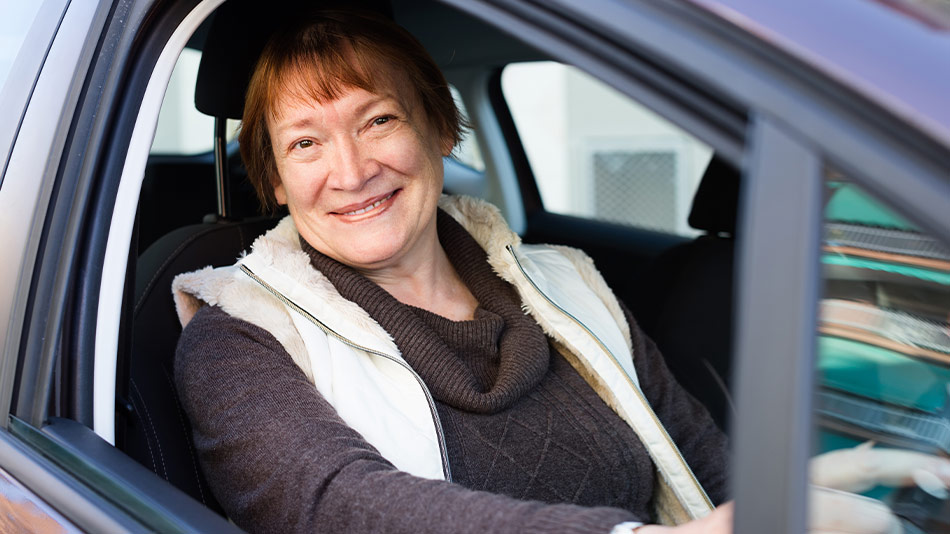
How long after cataract surgery can you drive?
Cataract surgery is a transformative procedure that can significantly improve your vision, often allowing you to return to everyday activities with renewed clarity. One of the most common questions patients have post-surgery is, “How long after cataract surgery can I drive?” The answer, while straightforward, does depend on several individual factors, including the type of surgery performed, your personal rate of recovery, and the advice of your eye care professional.
Immediate post-surgery considerations
Immediately following cataract surgery, your vision may be blurry or cloudy as your eye starts to heal and adjust. This is a normal part of the recovery process. Due to this initial blurriness, driving is not recommended. Most patients are advised to arrange for someone to drive them home after the procedure.
The recovery timeline
Recovery times can vary from person to person. Some individuals may notice an improvement in their vision almost immediately, while others might take a few days to see clearly. Generally, the majority of patients can resume driving as soon as they feel comfortable and their vision has stabilised enough to pass the legal driving standard. This usually occurs within a week or two post-surgery, but it’s essential to have a follow-up appointment with your eye care professional to ensure your eyes have healed adequately and your vision is clear.
Factors influencing recovery
- Type of Cataract Surgery: The method of cataract removal and the type of intraocular lens (IOL) implanted can influence your recovery timeline. Your surgeon will provide specific guidance based on the surgical approach used.
- Individual Healing Rates: Everyone heals at different rates. Age, general health, and pre-existing eye conditions can all affect how quickly you recover.
- Post-Surgery Care: Following your surgeon’s aftercare instructions meticulously can aid your recovery. This includes using prescribed eye drops to prevent infection and reduce inflammation.
Legal driving standards
To legally drive in the UK, you must meet the Driver and Vehicle Licensing Agency’s (DVLA) visual standards. This includes having a visual acuity of at least 0.5 (6/12) on the Snellen scale with both eyes open, and an adequate field of vision. Your eye care professional can conduct tests to determine if you meet these standards after your surgery.
Tips for a smooth transition back to driving
- Wait for the Green Light: Don’t rush back into driving. Wait until you’ve been given the all-clear by your eye specialist.
- Start with Short Journeys: Once you’ve been cleared to drive, begin with short, familiar routes to regain your confidence.
- Be Mindful of Glare: After cataract surgery, some patients may experience sensitivity to light. Polarised sunglasses can help reduce glare during the day.
Making an Informed Decision
Deciding when to resume driving after cataract surgery is a significant step towards regaining your independence. However, it’s crucial to prioritise your safety and the safety of others. Never hesitate to discuss any concerns with your eye care provider, who can offer personalised advice based on your specific circumstances.
Are you considering cataract surgery or recently undergone the procedure and looking for comprehensive information on what to expect? Download our Guide to Cataract Surgery today. This resource is packed with essential insights, from preparation to post-surgery care, including detailed advice on when you can safely return to driving. Equip yourself with the knowledge you need for a smooth and successful recovery.
Download the Guide to Cataract Surgery and take the first step towards clear vision and renewed confidence on the road.
Take the first step
Our life-changing treatments aren’t suitable for everyone.
The first step is to get our guide so you can find out how to avoid the biggest mistake people make when having cataract surgery
Our most popular procedures
What our patients say…
“I would like to thank you all for looking after me so well”
“Thank you and your team very much indeed for looking after me during my initial visit and the day of cataract surgery.”
“Excellent service from the reception staff to theatre staff & Dr G…fabulous great aftercare… thank you! I would highly recommend.”
We have replaced the images of real patients who provided these testimonials to protect their privacy.
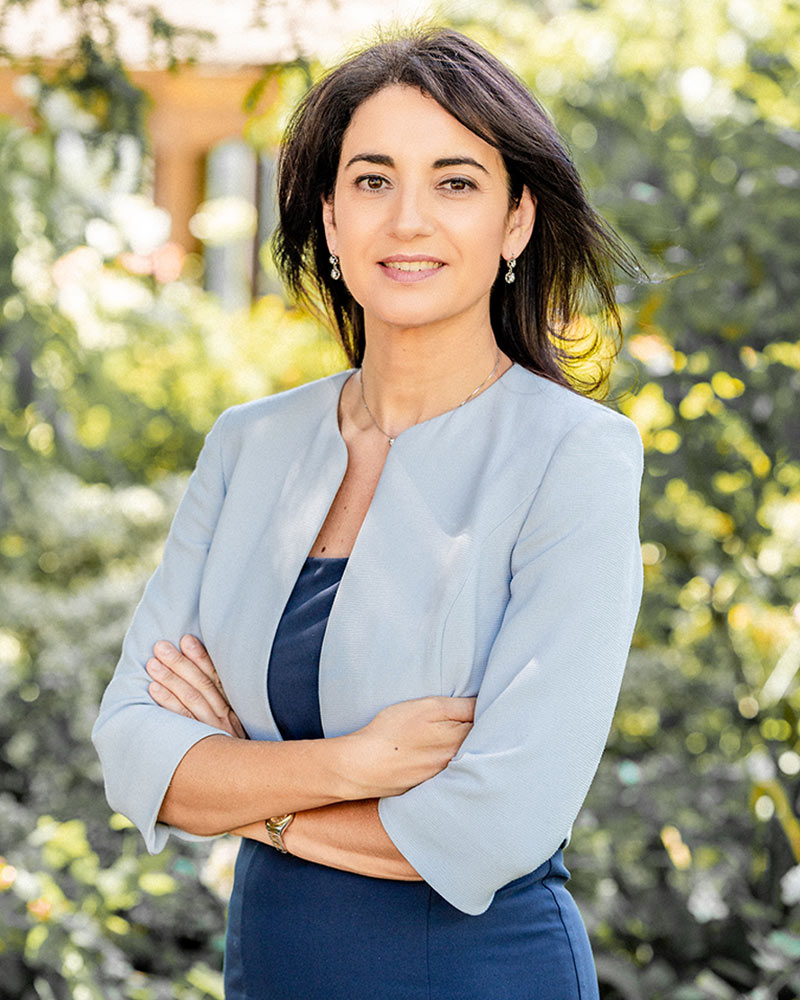
Hello, I’m Lucia Pelosini MD, your eye surgeon in Surrey & Kent
My vision is to provide my patients with warm and personalised guidance through their cataract surgery journey from start to finish. I run a highly individualized service to treat discerning patients with presbyopia (aging eyes) and cataracts who want the best treatment and technology available.
Ms. Lucia Pelosini
Consultant Ophthalmic Surgeon,
MD, MRCSEd, FRCOphth, CertLRS

